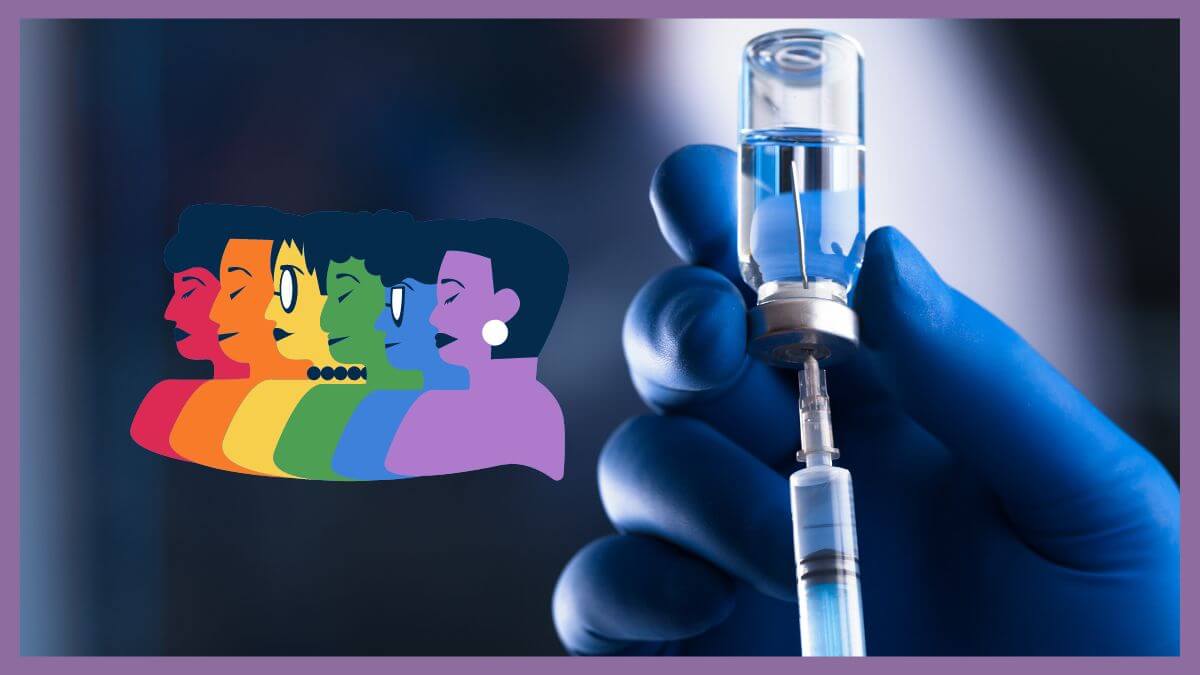Treatment for Trans Children Should Be Reviewed
In a significant development, the UK’s Tavistock transgender clinic is to be shut down by the NHS after a review found it is “not safe” for children (Tavistock Shutdown), and that there is insufficient evidence to recommend puberty blockers.
According to media reports, NHS England will move young people who believe that they are trans into regional centres which will take a more “holistic” approach to treatment and look at other mental health or medical issues they may have. The decision is a response to a review which warned that medics at Tavistock had felt “under pressure to adopt an unquestioning affirmative approach” to gender identity rather than going through the normal process of clinic assessment with young people.
Consequently, the New Zealand government must pause the use of puberty blockers for teenagers while further research is undertaken, a sentiment supported by a majority of New Zealanders and an increasing number of medical groups.
Professor Christopher Gillberg, an expert in child and adolescent psychiatry, and who gave expert evidence in the British High Court, believes prescribing drugs to delay puberty is a scandal and tantamount to conducting ‘a live experiment’ on vulnerable children. He said ‘In my years as a physician, I cannot remember an issue of greater significance for the practice of medicine. We have left established evidence-based clinical practice and are using powerful life-altering medication for a vulnerable group of adolescents and children based upon a belief.’
Prof Gillberg and other leading medical experts revealed:
* Puberty-halting drugs can harm a patient’s brain and bone development;
* Medics are failing to warn about the infertility risks posed by puberty blockers;
* Children who regret treatment find themselves ‘locked’ into new bodies;
* Internet sites persuade autistic children they are transgender when they simply have ‘identity issues’.
Medical professionals and medical groups – including The Royal Australian and New Zealand College of Psychiatrists (RANZCP) – are sounding growing international concern around the use of puberty blockers to treat young people with gender dysphoria because of the low certainty of benefits but the significant potential for medical harm.
Britain’s NHS recently withdrew a claim that the effects of puberty blockers are “fully reversible” – a claim recently made on TVNZ’s Sunday programme, but challenged by experts.
Sweden’s leading gender clinic – Stockholm’s Astrid Lindgren children’s hospital – recently ended routine treatment of minors under the age of 18 with puberty blockers and cross-sex hormones, and may only be provided in a research setting approved by Sweden’s ethics review board.
In Australia, The Australian reported on a new paper involving gender clinic staff from The Children’s Hospital at Westmead in Sydney, which says that “gender clinicians are under increasing pressure to enable ‘conveyor belt’ medicalisation of children who arrive already convinced that hormonal drugs are the only solution to their distress. In the Westmead study, there were high rates of anxiety, depression, suicidal ideas, behavioural disorders, autism and “adverse childhood experiences” such as family conflict, exposure to domestic violence, parents with mental illness, loss of important figures through separation, and bullying. The authors say; “(Yet) families tended to medicalise the child’s distress, attributing it solely to gender dysphoria as an isolated phenomenon, with the consequence that the family identified the medical pathway as providing the only potential way forward.”
Finland revised its treatment guidelines in June 2020, prioritising psychological interventions and support over medical interventions, particularly for youth with post-pubertal onset of gender dysphoria.
A recent poll of 1,000 New Zealanders surveyed by Curia Market Research found that 51% support a ban on puberty blockers for under 16s and 28% disagree.
The closing of the Tavistock Clinic comes at the same time as the Food and Drug Administration (FDA) in the US this month issued a warning label about the risk of puberty blockers after six minors (ages 5-12) experienced severe symptoms. The minors, who were all biologically female, suffered from symptoms of “pseudotumor cerebri” (tumor-like masses in the brain), including visual disturbances (seeing bright lights that aren’t there), headache or vomiting, papilledema (swelling of the optic nerve), increased blood pressure, and abducens neuropathy (eye paralysis).
“It’s time we put first-do-no-harm medicine and credible research ahead of ideology and an agenda to push gender fluidity indoctrination.”






